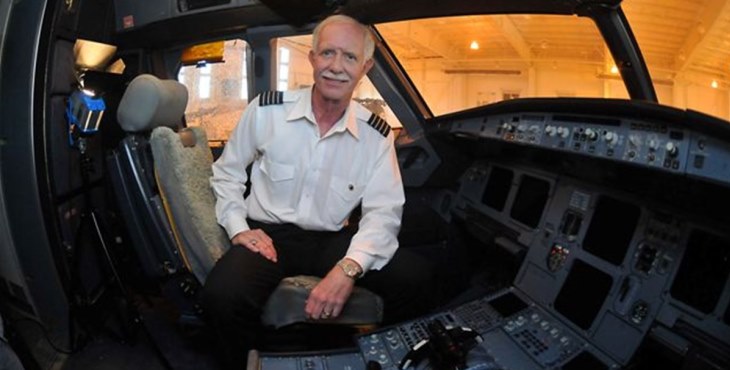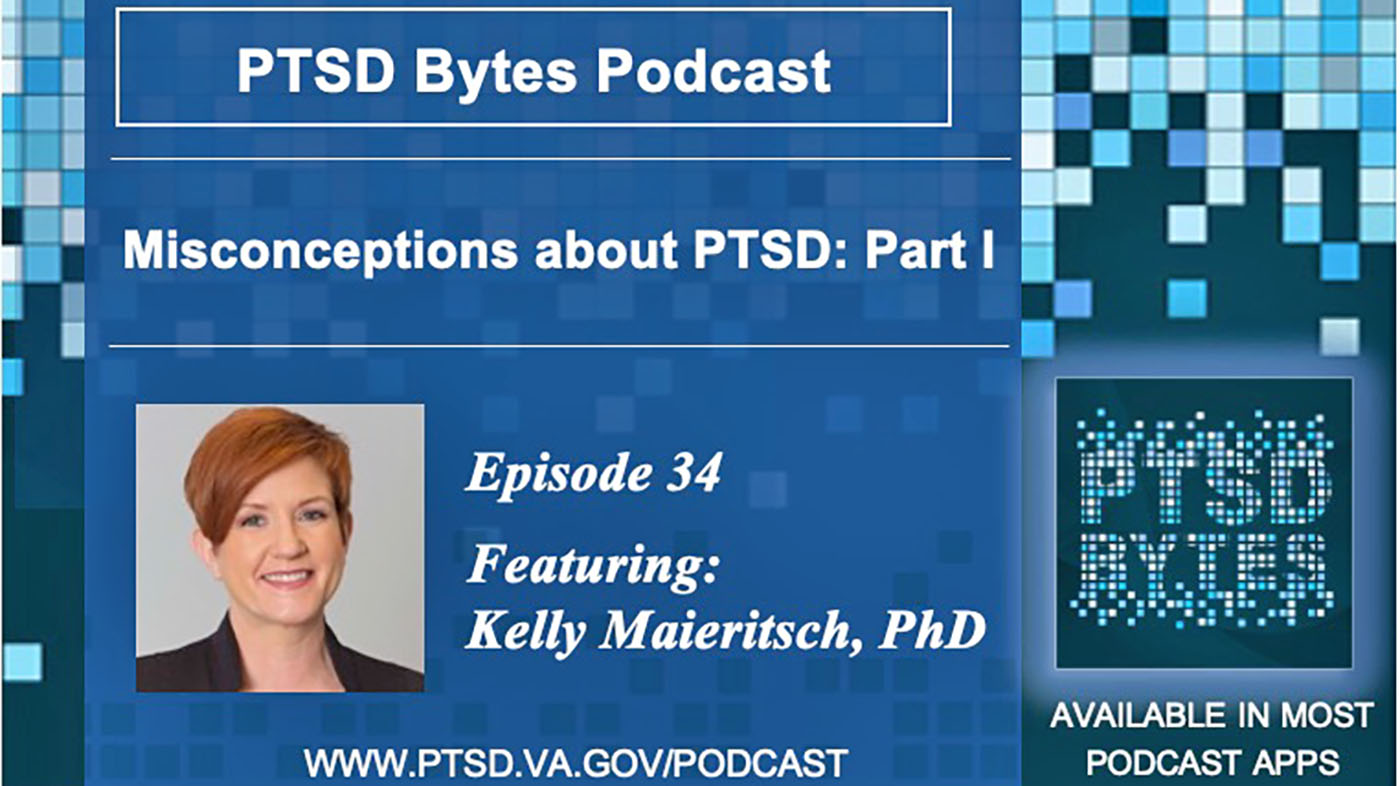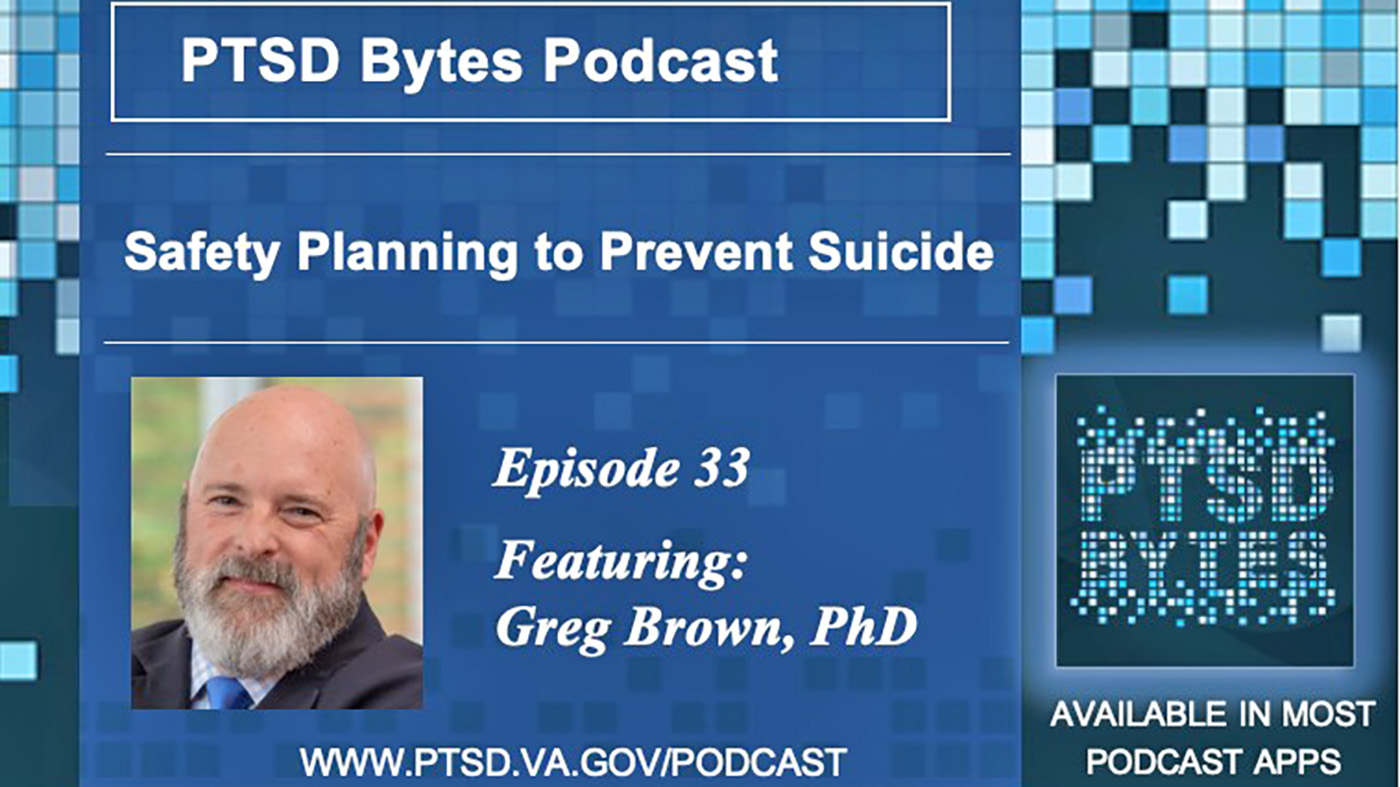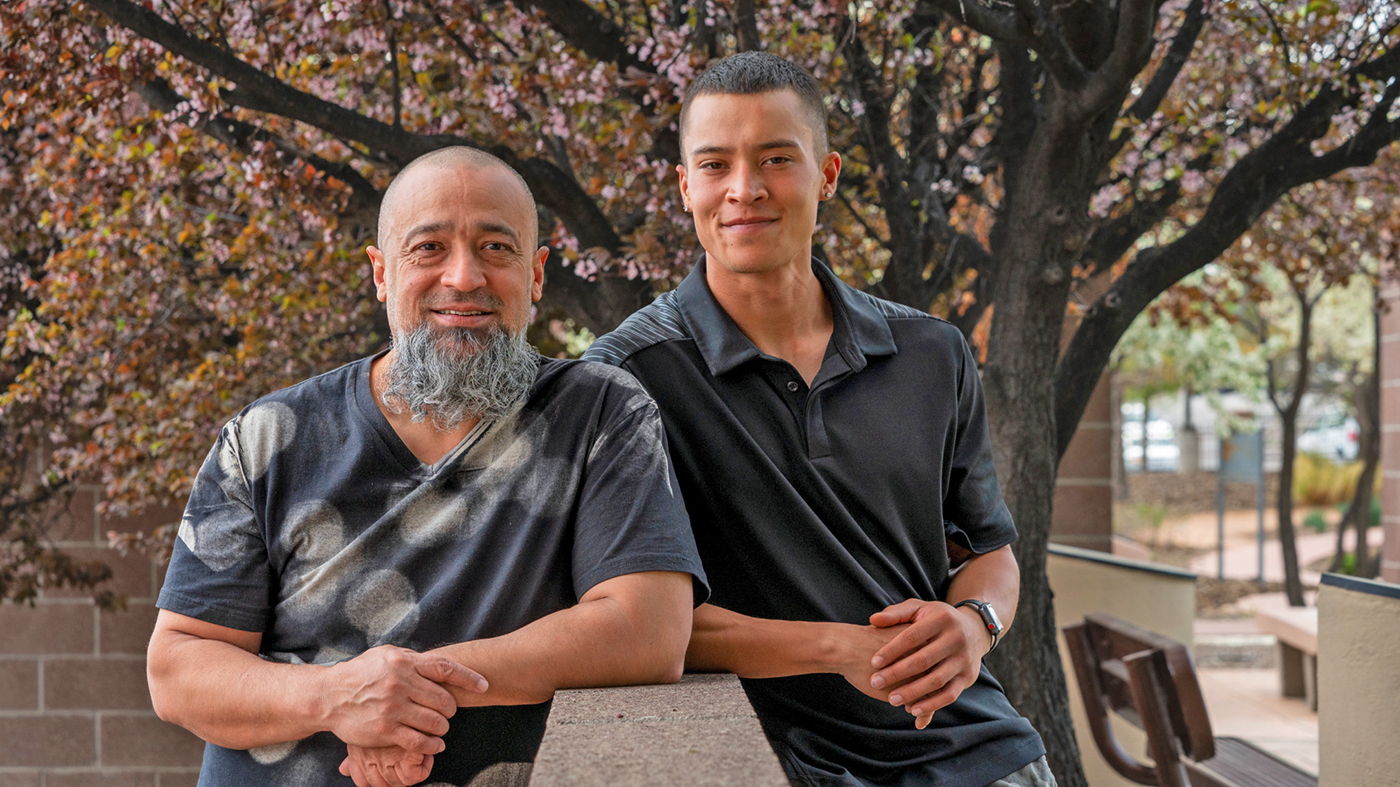On Jan. 15, 2009, Captain Chesley “Sully” Sullenberger, a commercial airline pilot of 30 years, piloted an emergency landing on the Hudson River. All 155 passengers and crew on board survived.
Sullenberger is a graduate of the U.S. Air Force Academy and was a fighter pilot from 1973 to 1980. After that water landing, he experienced symptoms of PTSD that kept him up at night. He credits the crisis response professionals for helping him get on a path to recovery.
During May’s Mental Health Month, VA’s Make the Connection website spoke with Sullenberger about his experience with mental health challenges, his work in the Veteran community, and what he hopes others take from his story.
Make the Connection: In recognition of Mental Health Month, we are highlighting how mental health can mean different things to different people — and the inspiring potential for positive outcomes that treatment can support. What does mental health mean to you?
Capt. Sullenberger: To me it means thinking and feeling in ways that are more positive than negative and that enable you to live your life connected to loved ones and the world.
Make the Connection: You’ve spoken about experiencing symptoms of PTSD following the emergency landing of Flight 1549. What do you wish more people understood about PTSD?
Capt. Sullenberger: You aren’t the only one who feels or has felt this way, and that it is normal to feel this way. It doesn’t mean you’re weak, it means you’re human, and it’s the way our brains protect us.
Make the Connection: What were the tools that helped you manage your PTSD symptoms? Was there a turning point when you realized you had the tools you needed?
Capt. Sullenberger: It really helped to talk to someone who was trained in helping others cope with it and who could give me a road map of what to expect, so that my symptoms did not surprise or disturb me so much. I found a way to make this experience a part of me and not just something that had happened to me.
Make the Connection: When we sat down to talk with you in 2015, you said your key piece of advice for Veterans or someone who experienced trauma was to “love your family enough, respect them enough, to tell them the truth about what you feel.” How did your family support you following the Flight 1549 crash?
Read the rest of the story on Make the Connection.
About the author: MakeTheConnection.net is an online resource designed to connect Veterans, their family members and friends, and other supporters with information, resources and solutions to issues affecting their lives.
Topics in this story
More Stories
In a two-part series, Dr. Colleen Becket-Davenport discusses some common myths surrounding PTSD with Dr. Kelly Maieritsch.
In this episode of the PTSD Bytes podcast, we speak with with Dr. Greg Brown, Philadelphia VA clinical psychologist, about how safety planning can prevent suicide.
No one’s life is perfect. Even if a Veteran you care about seems fine, check in to make sure they’re OK.







I have applied for Veteran diability
Pension. I have been waiting to hear from VA affairs.
I need your Help .